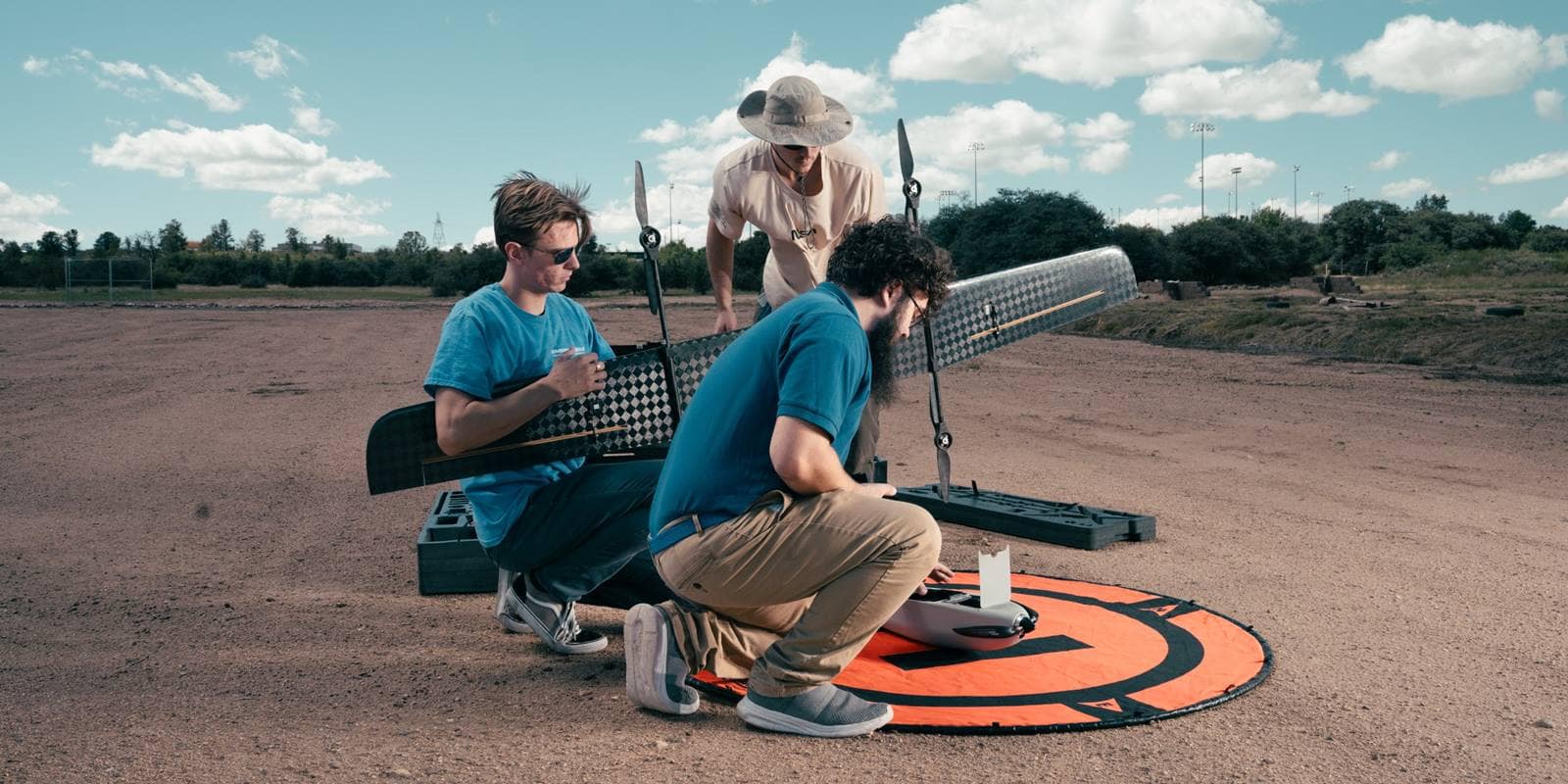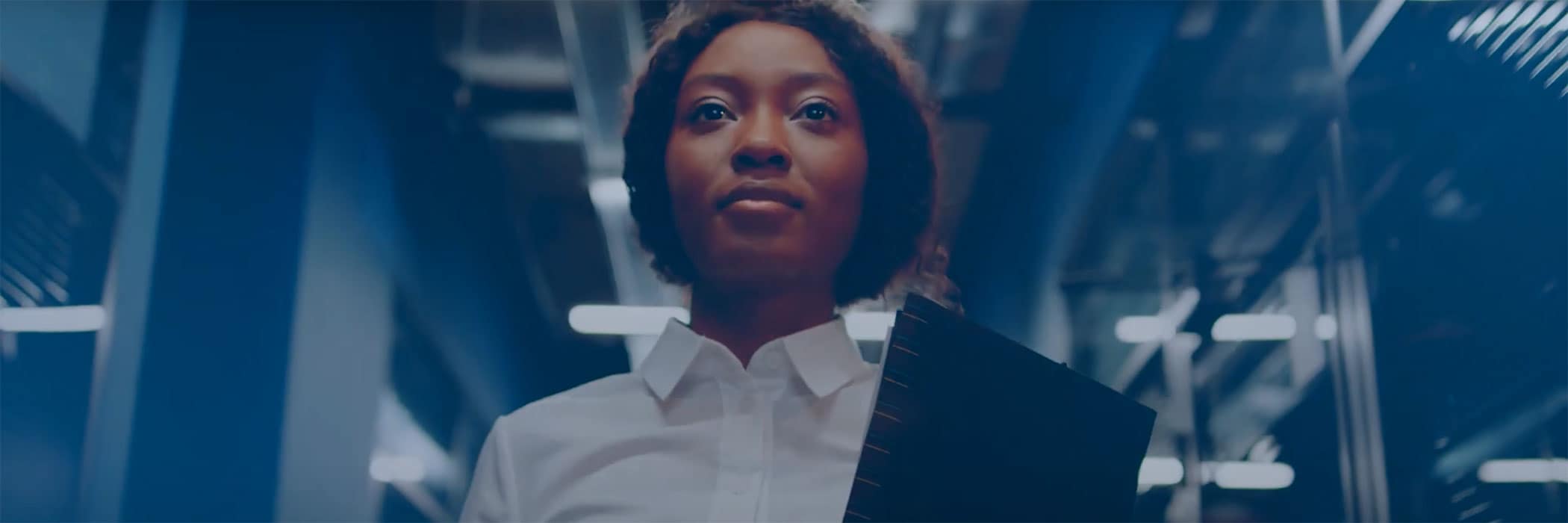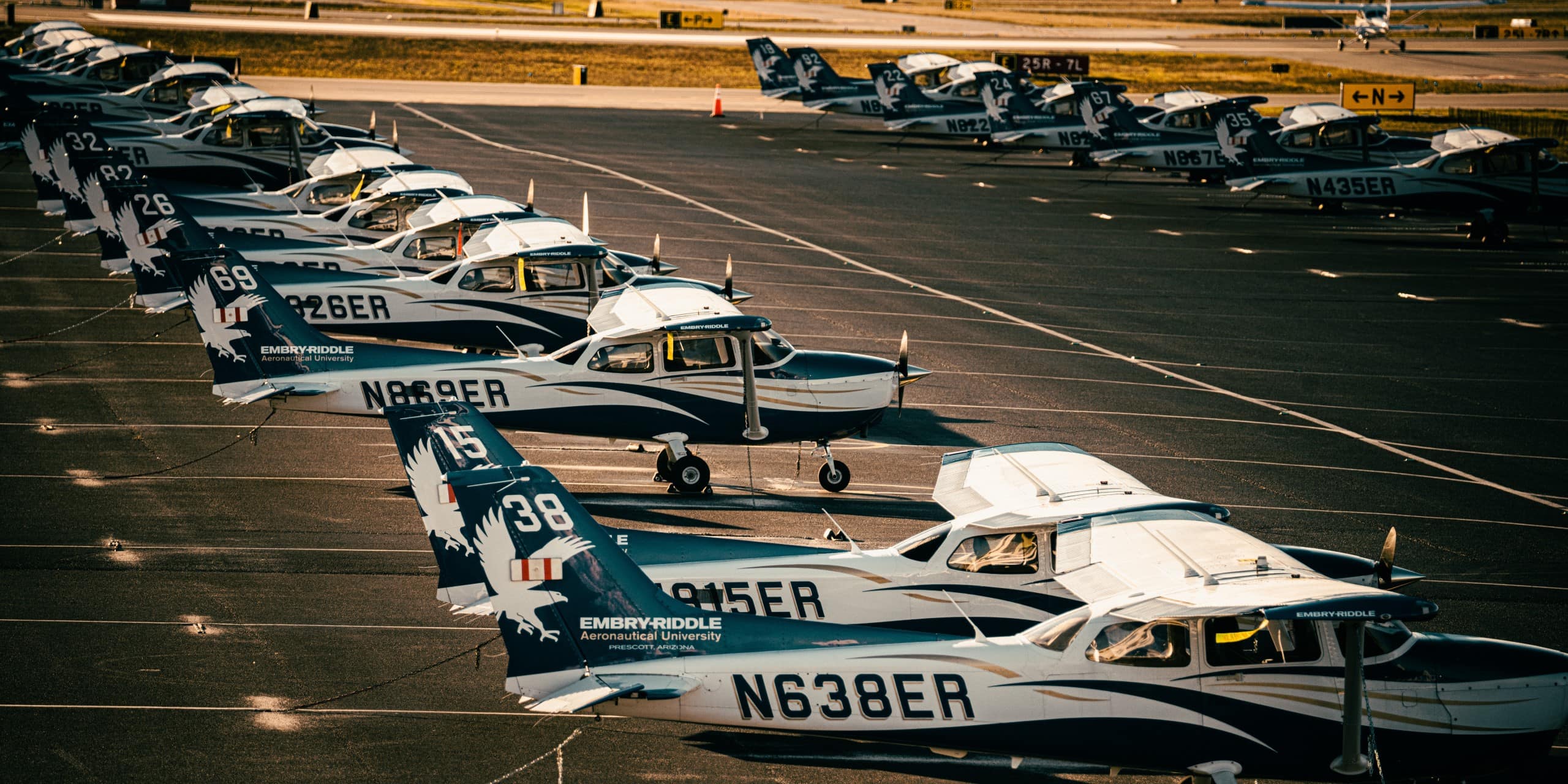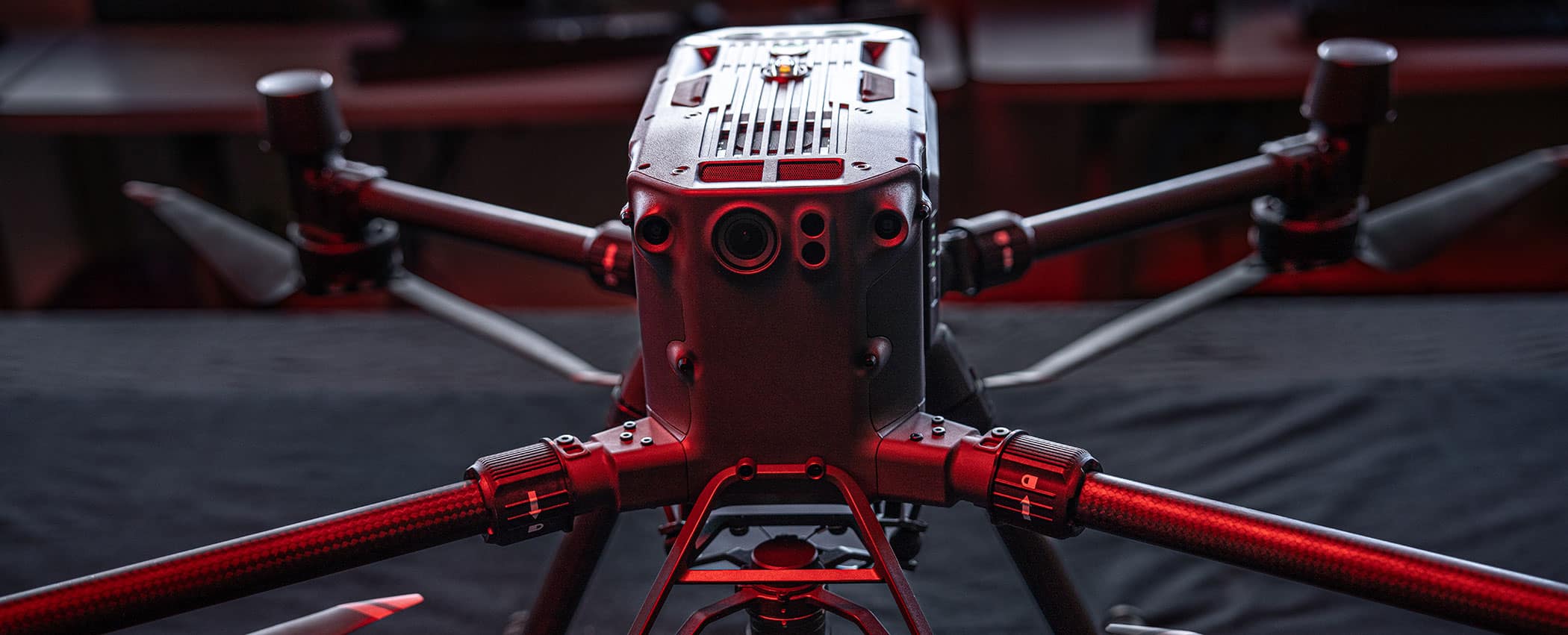
Master of Science in
Uncrewed Systems
The Master of Science in Uncrewed Systems allows working professionals to focus on policy, design and ethics pertaining to uncrewed systems technology.
About the Master of Science in Uncrewed Systems
Embry‑Riddle’s Master of Science in Uncrewed Systems is a non-engineering degree that focuses on this emerging industry by addressing topics including policy design, ethics and systems management. Students will gain knowledge in areas that contribute to the successful operation of missions supported by uncrewed systems — from remote-controlled to human-supervised to fully autonomous.
This program supports the growth, innovative development and effective use of uncrewed system technology within the industry, focusing on interoperability, autonomy, airspace integration, communications, propulsion, power and regulation.
Student Learning Outcomes
This UAS master's degree provides opportunities to learn to:
- Describe the effects of legal and regulatory development on uncrewed system industry practices
- Investigate uncrewed systems platform and payload selection
- Interpret data to support uncrewed systems application
- Examine the viability of uncrewed systems
Uncrewed Systems Career Opportunities
Careers and Employers
Embry-Riddle graduates often find careers at NASA, the U.S. Military, the Department of Homeland Security, the Federal Aviation Administration and Amazon Prime Air, with a placement rate of 100% within a year of graduation.
Students earning an uncrewed systems degree often pursue careers as:
- Field Service Engineers
- Systems Engineers
- Aviation Safety Inspectors
- Maintenance Test Pilots
- Senior Test Engineers
Uncrewed Systems Salary Information
Embry-Riddle provides uncrewed systems technology alumni the opportunity for competitive salaries, averaging $93,700 annually one-year post graduation, as of 2022.
DETAILS
About Uncrewed Systems at the Daytona Beach, FL Campus
The Master of Science in Uncrewed Systems program at the Daytona Beach campus offers students the ability to become leaders in this cutting-edge field through varied instructional modalities. Our flexible approach means students can launch or continue their current careers without interrupting their pursuit of their graduate degree.
The Civil UAS Market Profile & Forecast indicates that commercial uncrewed systems growth is expected to more than triple to $19.8 billion by 2031. Program graduates can secure key leadership roles in the UAS industry, focusing on skills aimed toward drone and autonomous robotics growth.
Tracks/Specialties and/or Certificates
Students pursuing this UAS master's degree must complete the below specialization:
- UAS Program Development: 6 credit hours
Uncrewed Systems Information
- Credits: 30
- Mode of Study: In-Person
- Capstone Options: Thesis and Capstone Research Project
Helpful Links
- Tour our Daytona Beach campus
- Discover the Department's Faculty
- Explore the Fields of Study: Aviation & Space
- Find Related Clubs & Organizations
Get Started Now:
Summary
30 Credits
Estimate your tuition by using the Tuition Calculator
View Financial Aid Information
Learn about our General Education
Find out about transferring credits to this degree
Learn more about our Veterans & Military benefits
View our Academic Calendar



